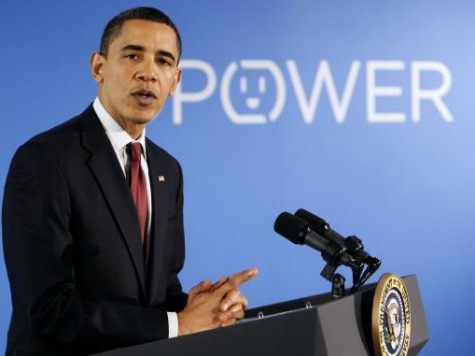
Republicans have joined Democrats in Congress to give President Obama even more power to appoint officials to Cabinet positions without seeking approval from the Senate.
Obama signed the Presidential Appointment Efficiency and Streamlining Act of 2011 while Paul Ryan’s selection as Mitt Romney’s running mate was being announced, to ensure it would go under the radar.
The bill allows Obama — and future presidents — to appoint officials to nearly 170 positions in departments and agencies like the Department of Justice, Department of State, FEMA, USAID, Department of Defense, and Department of Homeland Security.
According to Politico, the bipartisan legislation was sponsored by Sens. Joe Lieberman (I-CT), Chuck Schumer (D-NY), Susan Collins (R-ME), and Lamar Alexander (R-TN), and it is another example of Congress ceding more of its powers to the executive.
Joe Lieberman released a statement after the bill passed that read:
This bipartisan legislation represents the Senate at its best. A problem was identified, and Democrats and Republicans worked together to craft a solution. Now, future Administrations will be able to get their teams in place more quickly, and the Senate will be able focus its time and energy on the most important Executive Branch appointments. In no way does this bill erode the Senate’s role of ‘advice and consent.’ Rather, it strengthens the Senate’s power by freeing us up to concentrate on nominees who will actually shape national policy.
While the bill allows Obama to fill some vacancies immediately, it will help the winner of November’s presidential election, which could be Republican Mitt Romney.
If Romney wins the presidency, expect Democrats to complain that this law gives the president too much power and the usual career politicians on the Republican side to make the arguments of the team in power that benefits from the law.
This is typical Washington, D.C., where elected representatives put the power of the presidency above the Constitution.

COMMENTS
Please let us know if you're having issues with commenting.